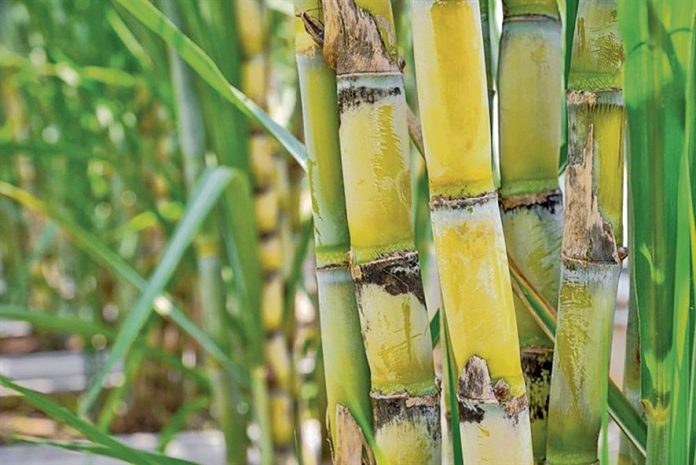Thousands of black small-scale sugar farmers are suffering due to the failure of Tongaat Hulett and the Gledhow Mill to pay them R1.5-billion. Tongaat Hulett and the Gledhow Mill are in business rescue.
SA Canegrowers, the association for sugarcane farmers, said the defaults violate the Sugar Act and sugar industry agreement and have lowered the revenue of growers, placing thousands of small-scale and commercial growers in danger of losing their businesses.
“More than 20 000 small-scale growers will have to carry their share of the cost of these decisions, with the price that growers receive for the cane processed dropping by R424 per ton at the end of the season. The resulting decline in revenue threatens the livelihoods of thousands of small-scale growers and the workers they employ,” said the association.
Khulekani Mdletshe, a small-scale sugarcane farmer in Mtunzini on the KwaZulu-Natal north coast who employs five people, said the reduced price for processed sugarcane was a huge loss for sugarcane farmers like him..
Mdletshe, who is a member of the association, said he wanted to expand his sugarcane farm this year, but that was no longer possible due to the cut in the price received for processed sugarcane. That drop reduced his income by about 25%.
“It’s a big drop in income. I have also placed the people who work for me on short hours,” said who has been in business since 2013.
“This default has been the most-devastating event I have experienced since I started as a sugarcane farmer. It is the worst scenario,” he said.
Brian Zungu said the reduction in the price received for processed sugarcane and the delay in payment for the sugarcane he delivered to Tongaat Hulett has been disruptive to him and those he employs. The small-scale sugarcane farmer in Empangeni, KwaZulu-Natal, employs two people mainly on a part-time or seasonable basis. Given Tongaat-Hulett’s woes, Zungu worries about the future of his sugarcane operation.
“SA Canegrowers believe that the industrial obligations set out in the Sugar Act and sugar industry agreement are mandatory and apply to all sector members, including growers, millers and refiners,” the association said.
“The payments in question are levies and monies collected on behalf of the grower associations, the South African Sugar Association (Sasa) and the other millers. The grower association and Sasa levies are critical income sources, while the millers’ redistribution is also vital to all millers’ sustainability.
“Every section of the industry is therefore suffering immense hardship owing to the decision taken by the business rescue practitioners.” SA Canegrowers said.
The sugar farmers association said it had written to the Minister of Trade, Industry and Competition Ebrahim Patel to request the government to intervene considering the business rescue practitioners’ decision not to pay the amounts owing to the industry.
“Even as the industry explores possible legal action, urgent action is needed to protect the industry’s small-scale growers, workers, and value chain partners from financial ruin.
“We will explore all options available to us to protect the one million livelihoods the industry supports,” said SA Canegrowers.
For more business news from Sunday World, click here.
Follow @SundayWorldZA on Twitter and @sundayworldza on Instagram, or like our Facebook Page, Sunday World, by clicking here for the latest breaking news in South Africa.



